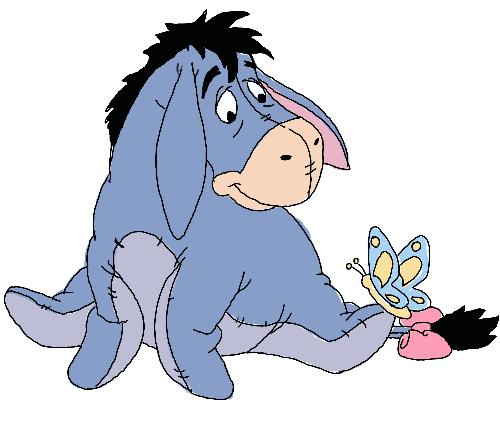As children, many of us believed our parents were superheroes. Ask a child who they aspire to be like when they grow up and many will say “I want to be like my Mummy because she’s the best in the whole wide world!”
But to me, this just never felt right. I was not given the super mum that we feel entitled to as a child. I didn’t have a maternal figure who I told everything to, or did “mother-daughter” things with. No one turned up to pick me up from school, or do what mothers usually did.
“But don’t you talk to your mum about things that happen every day? Have a daily conversation with her?”
This was the moment when I realized I didn’t have it the same way my friends did. I only ever spoke to my mum for important things. It was only if I had to, let alone if I could even get a chance to talk to her while she wasn’t asleep.
However, by no means was my mother horrible, evil or abusive. She was always respectful and kind, soft and gentle, and never meant any harm to her children. When she had her highs, she was the most radiant woman in the room, when she had her lows she emanated darkness. Something plagued my mother. A plague which would lock her in her room for hours on end, crouched into a fetal position, surrounded by tissues and cigarette butts. She had no strength to disguise as a mother who could cook, clean, or cuddle. I would often wonder, who even is my mum?
From a young age, I believed that I essentially “broke” my own mother. I remember in the very early stages of my life she was more present, engaging with family activities and responsibilities. But I watched her fade away into depression in front of my own eyes.
If I had just been a better child, less of a troublemaker in school, less of a problem child, would she be whole? If I was softer and kinder? If I was better behaved? If I didn’t play so many games and watch so much television? If I was just happier? More responsible? More caring and conscientious? My siblings and I knew something was wrong, but we didn’t know why.
My little sister would read her Winnie the Pooh storybook and allocate us each a character. Pooh Bear with his jolly expression was me, the chubby and caring older sister who was always happy, optimistic and indulging in the enjoyable things in life. She was little Piglet: tiny, adorable but often timid and attached to their older counterparts. Dad was Tigger with his long and tall frame and rectangular head! And then she pointed at Eeyore the donkey.
“Eeyore is just like Mummy! They act the same! He reminds me of Mum so much!”
I wished my Mummy wasn’t this sad character, and deep down I hoped I could save her. I felt like I was robbed of the “Super Mum”, the best friend that others had.
That longing progressed into a deep resentment. Without the maternal figure I needed in high school, my bitterness grew with each form of neglect. Where was she? Why couldn’t she just suck it up and do her job? Why is she so tired when all the other mums in the world seem fine? How could all the parental responsibilities be left to me and my father? Just come out of your bedroom, ditch your Winnie Reds, and get this place cleaned up!
As I got older, I became more aware that my mum has a severe case of depression. I came to realize that motherhood is difficult for her, and with a little more empathy, I am now able to reach her in my adulthood. I noticed the phases of her depression. Mental health is far from linear — there were periods where I could go months without talking to her under the same roof. But then the tables turned and she had gotten herself together, started studying for the first time in 15 years. A TAFE diploma turned into a bachelor’s degree. A doleful, bland bedroom turned into moving out into her own clean and colorful apartment unit. A sunken face that was often painted with pain, now accommodates a reinvigorated passion for life.
I started to see her as a role model, not because she gave birth to me, but because she worked through her struggle. Not only through her successful highs, but also her depressive lows. Parents are dealt their cards randomly, and many have to work with what they are given. My mum was dealt a shitty deck, and she worked with what she could. Even when she couldn’t work at all because the basic responsibilities of life were debilitating, I saw a role model as I got older, someone who was able to persevere through her adversities and regain control of her life.





